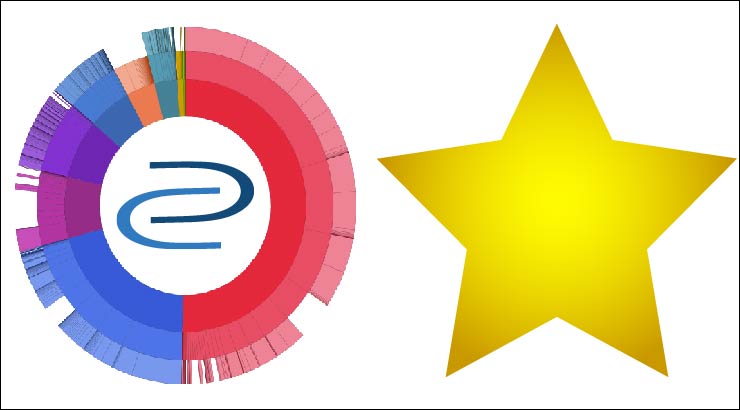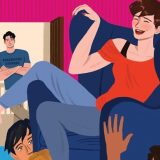
Celebrities of the Digital Commons Wilkinson's Dr. Shira Klein
August 12, 2020
Since May, we’ve chatted with five different Chapman University professors about their contributions to the Chapman University Digital Commons as a way of celebrating the Digital Commons reaching the wonderful milestone of one million downloads at the end of April. This week, we sat down with Dr. Shira Klein, professor of History, to discuss her contributions to the Digital Commons, which include the migration of Voces Novae: Chapman University Historical Review, Chapman’s undergraduate history journal, onto the Digital Commons.
How did your first piece make its way onto the Digital Commons? Did you submit it to our Coordinator of Scholarly Communications, Kristin Laughtin-Dunker, or did she reach out to you? For subsequent articles or objects of yours that were added to the DC, were they added in the same way?
In May 2016, I attended a workshop on teaching and learning led by Dr. Roxanne Greitz Miller. In that workshop, Dr. Miller showed all of us her statistics on the Digital Commons and said it’s a great way to track your publications and to use that for your tenure portfolio. Once the workshop ended, I reached out to Kristin immediately, and asked how to get started. Kristin told me all she needed was my CV and that from there, she could look at the list of what I’d published and do the work of reaching out to the publishers to see what permissions were available. So I sent her my CV and she just started uploading my work to the Digital Commons. After that, every time I had a publication coming out, I would reach out to Kristin and say, “Hey, could I put this one up as well?” And Kristin’s just been amazing about it, going into the publishers’ websites and figuring out what their permissions are, something that I really wouldn’t know how to do. So when my book came out, which is a 450-page monograph, Kristin showed me that I could put up an entire chapter, which I did.
Since then, I’ve been putting up pretty much all of my scholarly output on the Digital Commons, including a podcast that I did recently. I also use the Digital Commons for some of my teaching documents. I teach a course in migration history and I have the students do a project where they research an oral history by a migrant. So I put together a collection of all the databases I could find that contain oral histories of migrants being interviewed.
Read more of this interview on the Leatherby Libraries blog!


